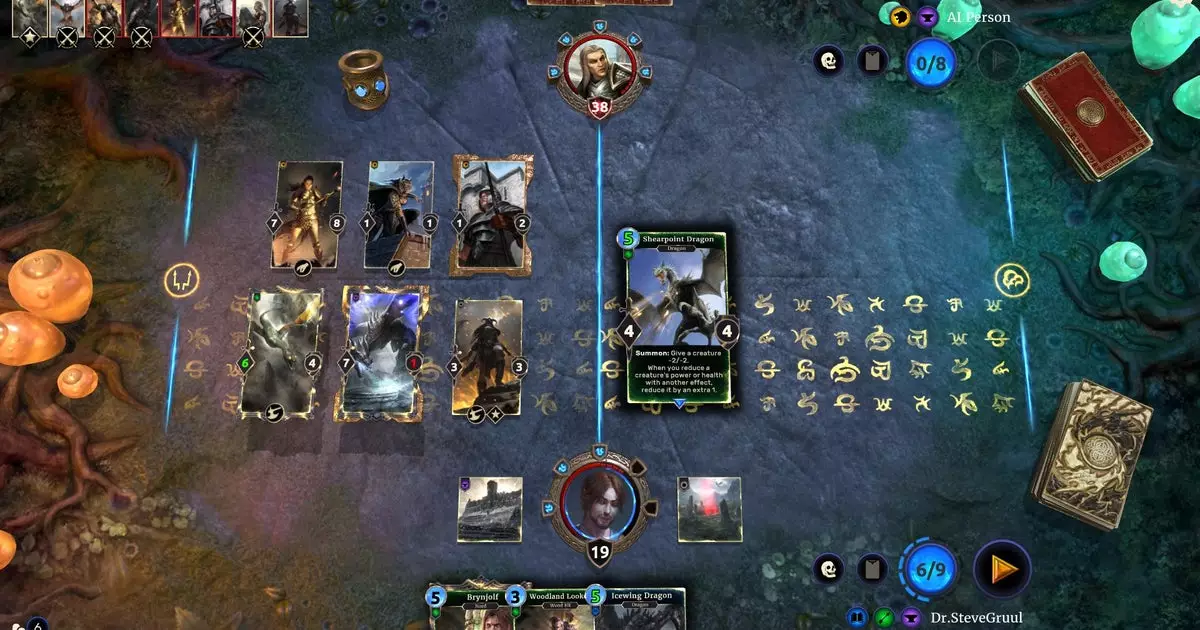The fantasy realm of Tamriel, known for its rich lore and immersive experiences, has seen the rise and fall of numerous titles. Among them, The Elder Scrolls: Legends stood as a unique entry into the realm of digital card games. However, recent announcements of its impending closure have left fans and players reflecting on the game’s relatively short lifespan and the broader implications for the genre. Scheduled to shut down its servers on January 30, 2025, after five years without an update, Legends embarks on its final chapter, marking an end to a digital experience that failed to resonate deeply with its intended audience.
From Promise to Closure
When The Elder Scrolls: Legends launched in 2017, it aimed to carve out its niche in a market heavily influenced by established giants like Hearthstone. Critics noted its innovative rune system, which added a layer of strategy and unique gameplay dynamics, setting it apart from competitors. Yet, within two years, the momentum dwindled as updates and expansions fell by the wayside. The game’s potential remained largely untapped, failing to gather a substantial player base despite its efforts to reinvent certain aspects of traditional card gameplay. The decision to remove Legends from the Steam store underlines a larger trend where titles, regardless of initial promise, can swiftly fade into obsolescence.
The closure of Legends raises poignant questions about the future of live service and free-to-play games. As the industry leans more towards these models, the inevitability of shutdowns becomes a harsh reality for players. The transition to an economy where games can be unceremoniously dropped without recourse reflects a troubling attitude towards soft and hard investments made by players. With no offline mode available for Legends, once the servers go dark, both the time and resources players invested dissipate without a trace. It’s a stark contrast to other media forms, such as books or films, which offer a permanence that games increasingly lack.
As the gaming ecosystem continues to evolve, there is an urgent need for a paradigm shift in how developers and publishers approach user engagement and content sustainability. The observation that much of the labor invested in games like Legends ends up unacknowledged speaks volumes about industry practices. Developers should consider long-term strategies that respect the community of players who contribute their time and money. By fostering a relationship built on trust, transparency, and accountability, the industry can ensure that future titles do not meet the same fate as Legends.
The Elder Scrolls: Legends represents more than just the demise of a card game; it reflects a cultural shift within the gaming industry. The impending closure illustrates the fragility of digital experiences in an era where unpredictability reigns supreme. Stakeholders—from developers to players—must reckon with the legacies they create and the responsibilities they hold. As we bid farewell to Legends, it is crucial to advocate for a gaming landscape that values both innovation and the loyal players who champion their favorite titles, ensuring that history does not consign more deserving experiences to the void.


Leave a Reply